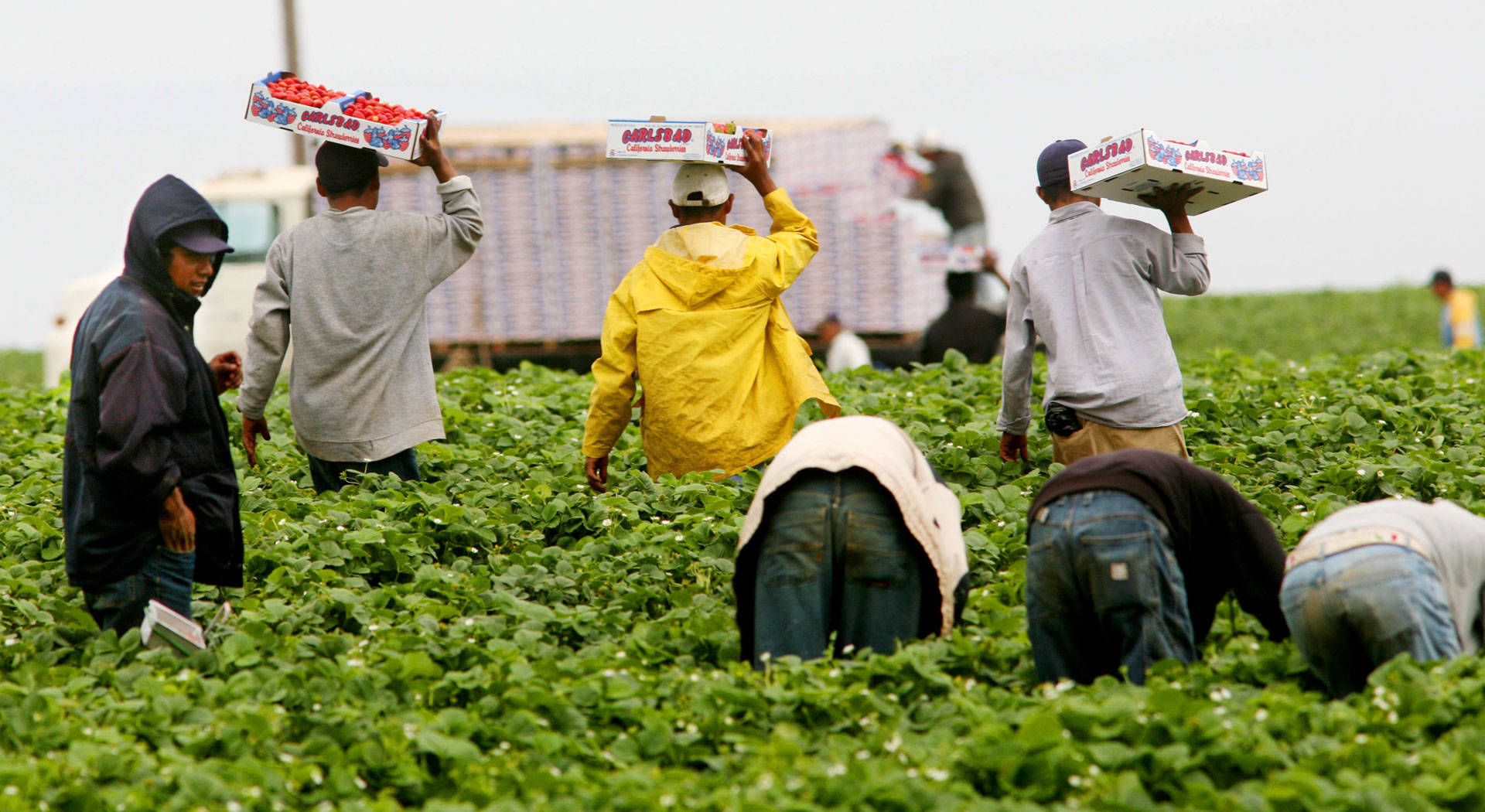SACRAMENTO — Four decades after he signed the nation's first law giving farmworkers collective bargaining rights, Gov. Jerry Brown will again consider a historic proposal calling for farmworkers to receive the same overtime pay as other hourly workers, after the Assembly approved legislation Monday to phase in the change.
California employers are already mandated to pay time-and-a-half to farmworkers after 10 hours in a day or 60 hours in a week. That's longer than the overtime pay for all other workers, who get it after eight hours in a day or 40 hours a week.
The Assembly passed the proposal with a 44-32 vote after two hours of debate over whether the increase in wages would cause managers to cut hours or jobs.
"There may be situations where people may believe that they will lose something in terms of economics, but my father taught me that it was more than about the money. It was about who he was as a man and it was about him being respected by everyone else like everyone else," said Assemblywoman Shirley Weber (D-San Diego). "Sometimes, for that reason, you make that economic sacrifice."
Last week, AB 1066 didn't initially get a vote at all after Assembly leaders were unsure whether it had the 41 votes needed to pass. Tensions flared when roughly 300 farmworkers and union leaders who had planned to join a rally learned that Assembly Speaker Anthony Rendon (D-Paramount) had postponed the vote. About 100 people congregated outside Rendon's office, chanted "overtime" and sang "De Colores," a Mexican folk song that was a staple at strikes and union meetings when Cesar Chavez led the UFW.
